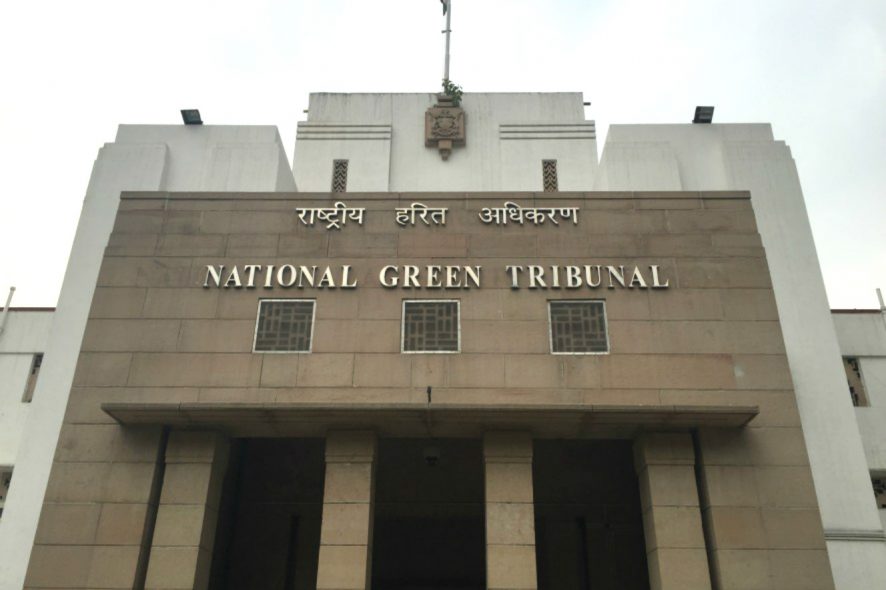National Green Tribunal (NGT): The bench comprising of A.K. Goel (Chairperson), S.P. Wangdi, K. Ramakrishnan, JM and Dr Nagin Nanda (EM) addressed an application filed based on newspaper reports in regard to a concern being placed of the “waste water generated during Reverse Osmosis (RO) process.”
The applicant has filed that only 20% of the water fed to RO system is purified and 80% is left unpurified.
“Water being a scarce commodity, such huge wastage is not affordable and has an adverse impact on the ecology.”
Further, the point to be noted is that the application was filed on 24-04-2015, for which tribunal had issued notice on 29-04-2015 to the Ministry of Water Resources, Central Pollution Control Board (CPCB), Ministry of Environment and Forest & Climate Change (MoEF&CC) and Association of RO Manufacturers.
Ministry of Water Resources stated that manufacturers of RO systems will be in a better position to assist the Tribunal. It was also stated that 98 districts in 13 States in India are affected by high arsenic contamination in groundwater. High Total Dissolved Solids (TDS) are common which can adversely affect the health. Thus, RO system is helpful in the situation. The residue of purified water is not water wasted but the water consumed in the same way as the water is leftover after washing clothes or after bathing.
The applicant submitted that polluted water rejected by the RO system mixes with the ground water and creates further complexity and ultimately RO system instead of helping to the ecology, causes further damage.
WQIA in an affidavit stated that the Indian Standard (IS 10500:2012-Second Revision) was adopted by the Bureau of Indian Standards, after the draft finalized by the Drinking Water Sectional Committee had been approved by the Food and Agriculture Division Council, best available technology for purifying the drinking water in regard to achieving the stated standard was RO system.
Tribunal on analysing the stated facts and submissions of the both the sides, stated that there is no denying to the fact that while purification may help public health by avoiding adverse effect of heavy metals or other contaminators, the fact remains that the rejected water remaining major part which goes to the ground water and again contaminates even the pure ground water.
Further, the bench stated in its analysis that, while purity of drinking water is a priority, the process of purification should not result in contamination of the remaining available water. Tribunal by placing a few questions for the expert committee formed by the tribunal itself asked to furnish a report within 4 months along with a report stating the best possible secondary use of the rejected water by commercial and individual users of RO. The application was thus disposed of by placing it up for consideration on 14-05-2019. [Friends v. Ministry of Water Resources, 2018 SCC OnLine NGT 360, Order dated 20-12-2018]







